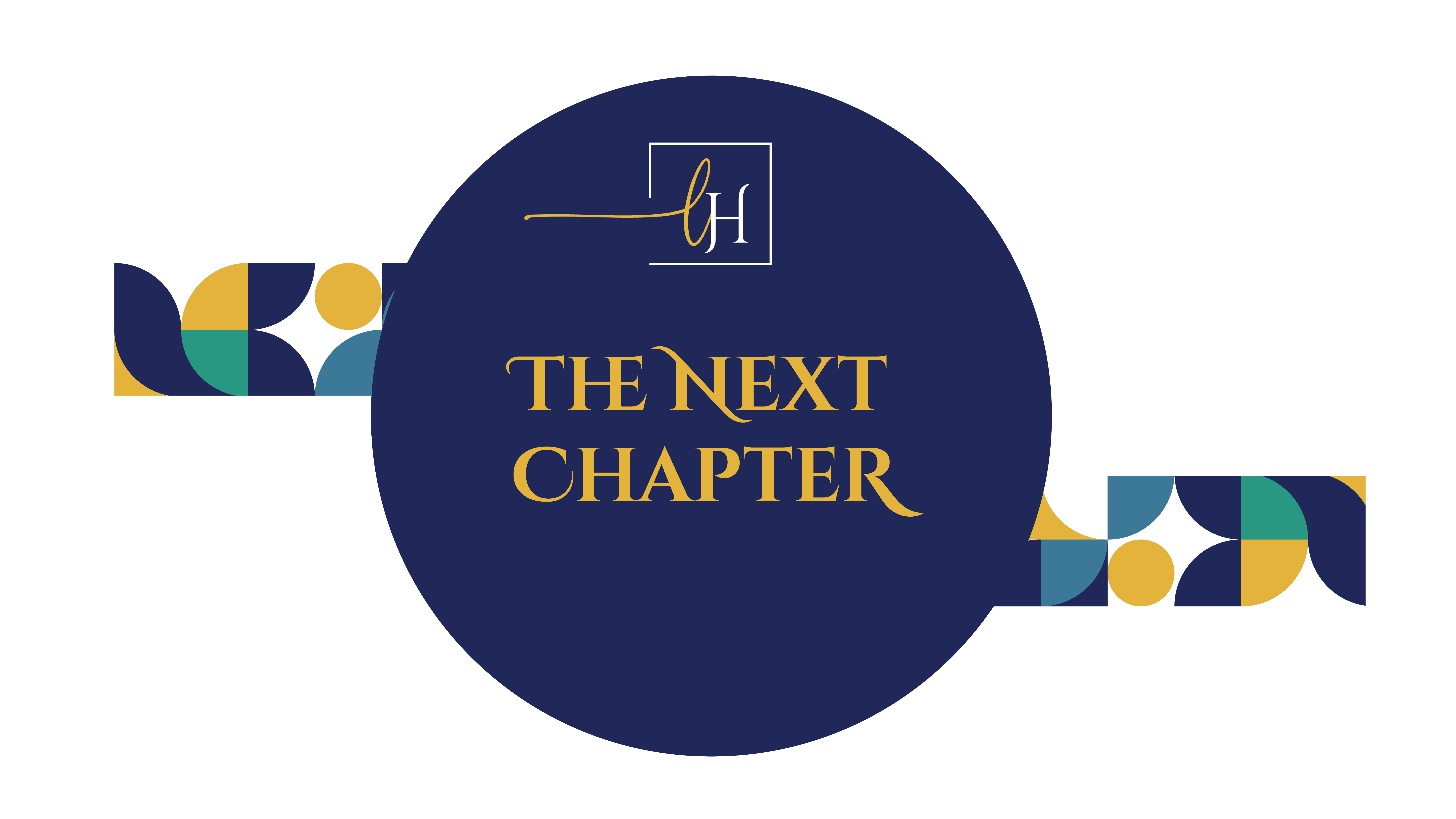In the first few months of a new year, I often I hear many people reference that a year is 365 pages of a new story being told.
Similarly, in life, I see those pages moving into a series of chapters: our childhood, adolescence, young adult, getting married, children and so on.
As my daughter is in the home stretch of high school, we’ve spent many hours looking at her next chapter including university and her goals for the future. I’m also looking to what my next chapter will look like. I’m going to be an empty nester!
The last decade has been one that I could never have predicted and certainly didn’t plan on including a major health crisis, divorce, moving, and ramping up my consulting business. It has been full of challenges and also amazing rewards and celebrations.
Most of all, I’ve learned a lot of lessons over the last 10 years especially about being adaptable and embracing change. A big part of that is knowing that no matter how much you plan, life may have other plans. Learning how to be flexible, and understanding that the best path to moving on is acceptance, have both been invaluable reminders in both my personal and professional life.
All of these lessons have brought me here, and I’m fortunate enough to be in a position that I can reflect on all of this and see that even when things were looking less-than-perfect, I was still growing, learning and most importantly, planning for the future.
And now, I get to pay it forward with the coaching work I do.
In my coaching practice clients typically start out wanting help with their business but the thing we often ignore is that our ‘whole’ life affects our business. So, the work we do together looks at goal setting that includes not just business goals but life goals as well. (After all our business and our life are tightly connected when we own our own business, it’s not a neat and tidy divide!)
When we’re working on goal setting, I offer my clients a series of tools and techniques that I’ve personally used to grow and focus on my business and life goals.
So here are a few of my favorite tools and techniques that may help you as well:
Create a Vision Board
A vision board is a tool used to help clarify, concentrate and maintain focus on life goals. It’s a visual representation of images that symbolize whatever you want to be, do or have in your life.
Creating a vision board is transformational in that it allows you to access your deeper wisdom to help get you clear on what’s going on in your life and what you want to make happen.
Everyone from Ellen Degeneres to Oprah Winfrey have said that they intentionally created their life outcomes by using vision boards. Clearly, they’ve gone on to do amazing things, so there must be something to it!
I’ve personally made a vision board every year for the past eight years and one thing I’ve learned is that it’s more than just slapping a picture onto a poster board.
In our busy lives, we need space to intentionally define our dreams and this process is one of the most powerful as we use our creativity to define our vision and ideal outcomes. It’s about first getting clear on your goals, dreams, passion, and balance.
You can download my free vision board workshop here.
How Do You Want To Feel?
I’m a huge fan of Danielle LaPorte and her Desire Map teachings.
Most humans focus our goals on tangible ‘things’ – a fancy car, big house – and once we’ve got those ‘things’ then we know we have achieved our goal.
But how do those ‘things’ make you feel?
Personally, I’ve been lucky enough to acquire many of those tangible ‘things’ but found they didn’t satisfy my soul. When I began using the Desire Map in my goal setting, my life began to change direction.
I started to dig into the feelings I was hoping to have as a result of the fancy car or big house, and it turns out, there wasn’t really an answer to that question. This is the entire point of what the Desire Map is all about.
The idea is that chasing and acquiring things may give us temporary satisfaction but it doesn’t sustain us for the long term.
You see, focusing on my “core desired feelings” – how I wanted to feel – allowed me to focus on my goals in a whole new way. I was no longer motivated by the tangible ‘things’ but rather working to achieve those feelings I wanted to have.
Knowing how you actually want to feel is the most potent form of clarity that you can have and generating those feelings is the most powerfully creative thing you can do with your life.
Why Reflection Matters
It’s so easy to forget all the awesome things that happen over the course of a year. We tend to emphasize the goals we didn’t achieve and neglect the things we ‘knocked out of the park’.
Why do we do that to ourselves?
The reasons are different for everyone, but sometimes we focus on our perceived failures because we feel like celebrating ourselves is self-indulgent. Which is pretty silly when you think about it. We should all feel a-ok with being proud of ourselves and what we’ve done.
You don’t need to throw yourself a giant party (but hey, if you want to, go for it!) but we NEED to acknowledge and reflect.
In a world where everything is go-go-go all the time, carving out a little time to sit and reflect may seem pretty low on the to-do list. But trust me when I say it matters. Thinking about good things gives us a shot of happy endorphins, so taking the time to reflect and celebrate what we’ve done well in our personal and professional lives is a great way to inject some happiness into our daily lives.
If you don’t think you have the time to reflect, you do. You just need to actually do it. Maybe it’s in the car, in the shower or reflecting with your family over a meal. Where you do it doesn’t matter, it just matters that you spend a few minutes on the good.
Goal Setting to Stay on Track
The final step is getting into action is goal setting. I’m a big fan of SMART goals, which I talked about here.
Research shows that people who write out specific goals tend to be more successful in accomplishing things, whatever the nature of their objectives.
There are plenty of reasons that people choose to set goals, but I personally do it for three main reasons:
- Goals give you focus. When you have 15 different things on the go, you need to set your focus in order to get things done. By tackling things one or two at a time, you’re much more likely to be successful.
- Goals help you measure progress. The best way to know if you’re where you want to be is to look at where you’ve been.
- Goals keep you motivated. Having a specific end goal in mind helps you set a path to follow. Knowing you’re working towards something gives you that extra little push to get to the finish line.
As you plan for the next chapter, there are four areas you can work with: Business, Relationship, Health and Personal Growth.
Focus on three things for each area:
- What does each of those areas look like? (Put it on your vision board.)
- How does it feel (my desired feeling)?
- What’s my SMART goal to achieve it?
If you’re ready to get started, you can download my free goal setting workbook right here.

